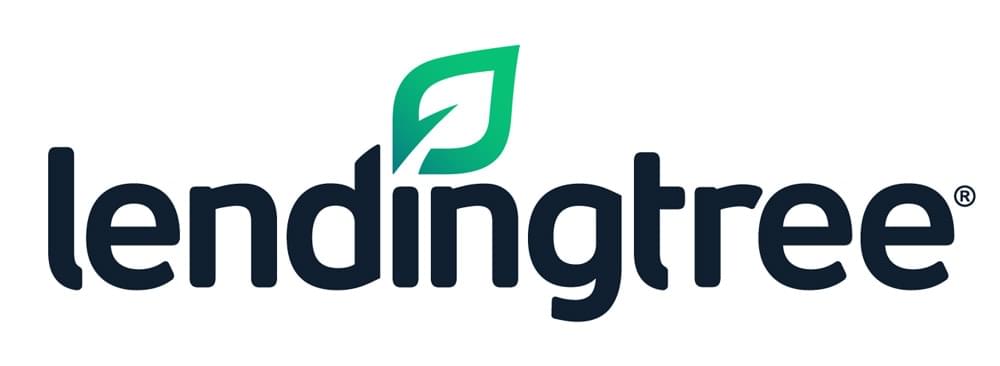



Based in New York City for Over 15 years, BFR is an expert in coop financing. We will walk you through ways which a coop differs from other property types.
Cooperative housing is commonplace in New York City. When buying a coop unit, you are purchasing shares in a corporation and are awarded a stock certificate at closing. The stock certificate will show the unit number a coop owner is purchasing as well as the number of shares in the coop corporation allocated to that particular unit.
Coops typically have a board of directors, frequently know as the “coop board.” The coop board is commonly more influential than the board of a condominium association. A coop interview takes place before a purchase and the coop board can decide who is allowed to live in the coop unit. Coop boards look at character references, employment, income, asset, and credit history. Co-op boards can deny a prospective buyer for any reason, as long as the reason doesn’t violate any anti-discrimination laws.
When living in a coop, the unitholder helps pay for the maintenance, and mortgage for the whole building. The shareholder is also paying their portion of the upkeep and maintenance of the building amenities.
A big difference between condos and coops housing are the buyers most attracted to them. Condominiums purchases tend to be for first-time homebuyers, those in transition, and purchasers looking for investment or rental property. Coop housing is typically a little more exclusive due to the coop board’s restrictions. Due to the large number of coops in NYC, there is typically a premium to buy a condominium.
In addition to coop financing for individual units, Block Financial Resources also specializes in Underlying Mortgages for coop buildings.
We work for the Co-op Boards, its officers and property management to secure the lowest interest rates and terms fixed up to 30 years as needed.



